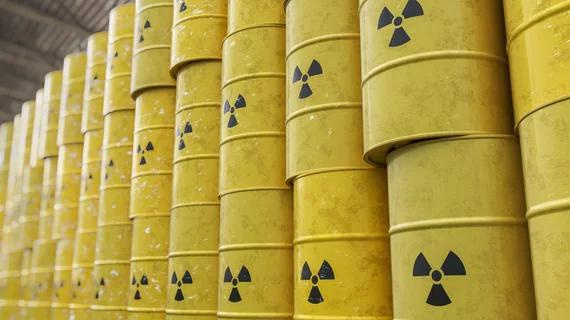DOE land transfer puts company on-track for domestic Mo-99 facility
The U.S. Department of Energy (DOE) recently transferred land in Oak, Ridge Tennessee to Coquí Radio Pharmaceuticals, pushing the company closer to establishing a domestic production of Molybdenum-99 (Mo-99), an isotope used in many molecular imaging exams.
In addition to the 206 acres of land, Coquí will receive research support from surrounding national laboratories, including Oak Ridge National Laboratory and the Y-12 National Security Complex, according to a statement from the company.
The proposed facility is expected by be fully operational by 2025 and will produce a variety of medical isotopes, but Mo-99 will be its central focus.
“This research partnership is critical and supports our efforts to obtain Nuclear Regulatory Commission and Food and Drug Administration approvals for the facility. The sooner we can begin producing U.S.-made Mo-99, the sooner we can minimize our dependency on foreign imports to meet critical U.S. medical needs,” said Carmen I. Bigles, founder and CEO of Coquí.
Mo-99 shortages are a well-known concern, with the most recent episode taking place during November 2018. That supply issue consisted of a planned 11-day shutdown of an Australian reactor, and coincided with an ongoing problem with the NTP facility in South Africa.
In February, the Department of Energy’s National Nuclear Security Administration (NNSA) announced it had appropriated up to $15 million in funding for four U.S. companies targeting the domestic production of Mo-99. Coquí Radio Pharmaceuticals was not on that list.

